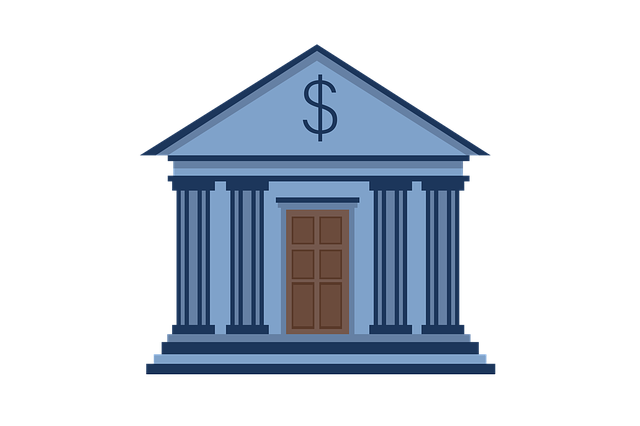Defaulting on a Texas title loan can result in swift and severe penalties, including repossession of secured assets like vehicles, accumulating late fees, potential lawsuits, and long-term financial strain. To avoid these consequences, borrowers should explore all resources. In case of default, Houston residents have access to assistance programs, non-profit organizations, community resources, government initiatives, and local relief funds for support. A systematic approach post-default involves understanding penalties, creating a budget, prioritizing essential expenses, obtaining secured credit cards, monitoring credit reports, and disputing errors. Rebuilding credit is a time-consuming process requiring patience.
In the event of a Texas title loan default, understanding the immediate consequences is crucial. This article explores the steps individuals can take to navigate and recover from such a situation. We delve into the potential impact on financial health, including access to emergency resources and strategies to rebuild credit. By understanding the Texas title loan default consequences, borrowers can make informed decisions to avoid long-term pitfalls. Learn how to access support and take proactive measures towards financial stability after a default occurs.
- Understanding Texas Title Loan Default Consequences
- Accessing Emergency Resources After Default
- Steps to Rebuild Credit Following a Title Loan Default
Understanding Texas Title Loan Default Consequences

When a borrower defaults on a Texas title loan, it can have significant consequences that often compound quickly. The primary effect is the repossession of the secured asset, typically a vehicle, as outlined in the loan agreement. This means the lender has the legal right to take possession of the vehicle, which can result in immediate transportation disruptions for the borrower.
In addition to asset seizure, defaulting on a Texas title loan can lead to financial strain and legal repercussions. Late fees and interest charges can add up rapidly, further burdening the borrower’s finances. Moreover, failing to repay a secured loan like a Truck Title Loan or Fast Cash option may result in legal actions from the lender, including lawsuits aimed at retrieving the outstanding balance. Given the urgency of addressing these loans, it’s crucial for borrowers to explore all available resources and solutions before facing potential long-term impacts stemming from Texas title loan default consequences.
Accessing Emergency Resources After Default

When a Texas title loan default occurs, understanding accessible emergency resources is crucial to mitigate the financial and personal consequences. The first step for borrowers facing default should be to contact their lender directly. Many reputable lenders offer assistance programs aimed at helping borrowers avoid repossession and find alternative solutions. These programs might include extended repayment plans or even loan forgiveness options, depending on the circumstances.
In Houston, where title pawn services are prevalent, residents can explore various support systems. Non-profit organizations and community resources specialized in financial aid often partner with lenders to provide assistance during default situations. Additionally, government-backed initiatives and local relief funds may offer grants or loans to eligible individuals, helping them overcome immediate financial challenges without resorting to further borrowing through high-interest title loans, including semi-truck loans.
Steps to Rebuild Credit Following a Title Loan Default

After a Texas title loan default, rebuilding your credit can seem daunting, but with careful steps, it’s possible to restore your financial health. The first step is to understand the Texas title loan default consequences. This includes assessing any penalties or fees charged by the lender and reviewing the terms of the agreement to ensure you fully comprehend the impact on your credit score. One important aspect to remember is that while you may have to give up the vehicle as collateral, it doesn’t necessarily mean you lose ownership entirely—some lenders offer options like keeping your vehicle with revised interest rates and payment terms.
To start rebuilding, focus on creating a budget and prioritizing payments. Ensure timely payments for all bills, including utilities and rent, as these can significantly impact your credit score. Consider obtaining a secured credit card, which requires a deposit but can help demonstrate responsible borrowing to lenders. Additionally, regularly monitor your credit report from the major credit bureaus to ensure accuracy and dispute any errors promptly. Remember, rebuilding credit takes time, so be patient and persistent in following these steps towards financial stability.
After navigating the challenges of a Texas title loan default, it’s crucial to explore available emergency resources and take proactive steps to rebuild credit. Understanding the consequences is the first step towards financial recovery. By utilizing community support networks, accessing government assistance programs, and implementing responsible rebuilding strategies, individuals can overcome this setback and regain control of their financial future. Remember, seeking help and taking action are essential in managing the Texas title loan default consequences effectively.






